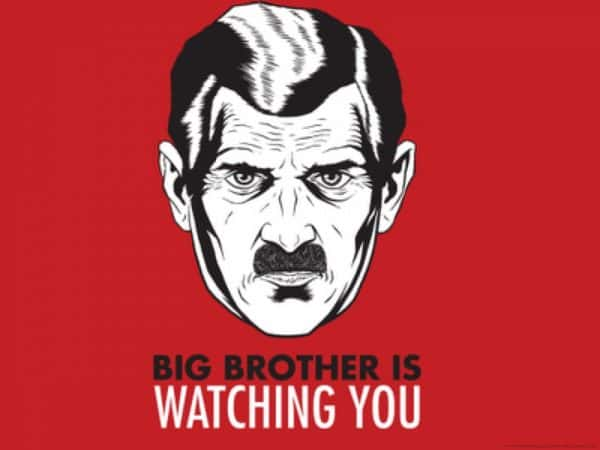social-recruiting
Should a candidate's social media preferences affect their application?


Rachel Hill
HireHive

Rachel Hill
HireHive


Rachel Hill
HireHive

Rachel Hill
HireHive
We are all partial to expressing our views and beliefs on social media, some more often than others. But should you judge a candidate on their social media habits? Is social media screening even ethical?
It is no secret that we live in a ‘virtual aquarium’. Almost anyone, anywhere can find someone’s profile along with their religious views, gender, sexuality and race, to name a few things. The same goes for recruiters who can easily look up a candidate and see any views they hold.
In many cases, the results are innocent. In others, recruiters may find inappropriate photos, comments or content regarding drinking, drugs, racism and other sensitive issues that can tarnish a candidate’s CV. While some argue that social media screening is unethical, others say the information is on a public domain and should be considered.
So should a candidate’s social media preferences affect their job hunt? Let’s consider both sides:
From a business perspective, social media screening is understandable. A potential employee who posts offensive content via social media could cause embarrassment and damage, resulting in possible legal action for their employer. All businesses want to protect their information, so an opinionated social media warrior acts as a potential liability.
In today’s online world, it is easy for anyone to get ‘hacked’ ‘fraped’ or even ‘catfished’ - deeming the social media screening process unreliable and unfair. Candidates can also set up dummy profiles if they know they are being watched (which they should know), meaning their digital footprint never appears on the company’s radar. In both these cases, the time and expense involved in social media screening presents the practice as futile.
[caption id="attachment_12217" align="aligncenter" width="640"] Anyone can pretend to be someone else on social media[/caption]
Anyone can pretend to be someone else on social media[/caption]
Avoiding bias is one of the key rules of recruiting. Fact is, a recruiter may look more favourably on someone who shares certain views, even if they lack key skills. As a general rule, recruiters should disregard irrelevant information regarding race, gender, religion and political views during the recruitment process as they have no direct correlation to someone’s ability and they may (unintentionally) affect your judgement.
In contrast to social media, a resume offers a very static window into someone’s abilities. Social media sites with their ability to feature articles, videos, photos..give you a more dynamic view of a person. For example, a content creator may post fascinating articles on Twitter; a graphic designer may have a superb Behance profile. These online platforms can also illustrate someone’s professionalism and give a more well-rounded and evolving portfolio.
As much as companies should encourage creativity and innovation, they need to exercise some level of compliance and social media etiquette in the interest of safety. Social media has very much facilitated people to broadcast content of any nature, content they wouldn’t broadcast via traditional means. This type of content contributes to a negative digital footprint for all involved and can cause potential issues that go far beyond the workplace.
[caption id="attachment_12218" align="aligncenter" width="600"] Exercise caution, but don't be a 'Big Brother'[/caption]
Exercise caution, but don't be a 'Big Brother'[/caption]
From looking at all the research surrounding social media screening, the overriding conclusion is that some give and take on the company’s end is necessary. Here are some recommendations:
Sign up for our monthly newsletter to receive the latest news, insights, and exclusive resources.

“HireHive makes the team a lot more productive. We’d be lost without it. Team Leaders can do it all themselves if needed or jump in at the right time and know exactly where everything is and what’s happening.”

Hilary Dempsey Head of HR at Life Credit union